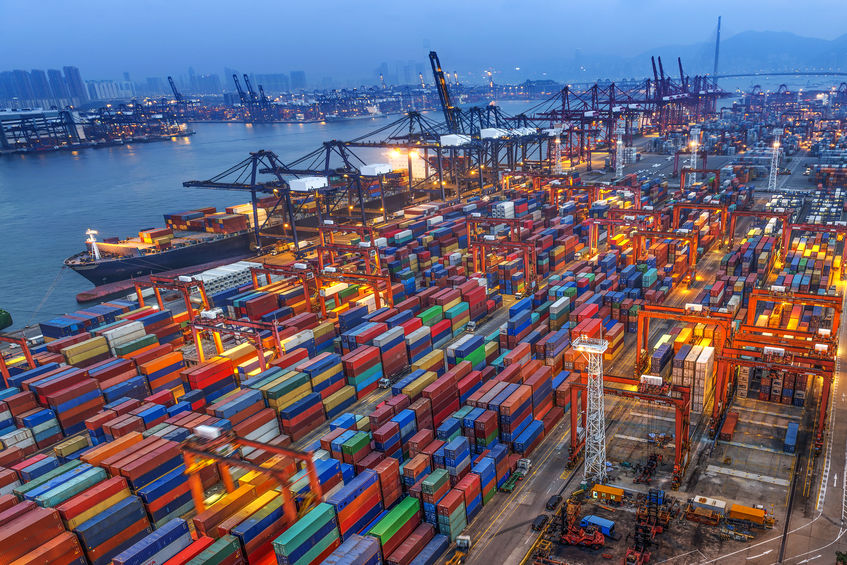We share hands-on advice for everyday trade and logistics challenges. Access insights and actionable strategies that drive certainty, continuity, and compliance across your operations.
Cole International Opens New Branch!

Cole International has opened a new U.S. office in Seattle, Washington.
CBSA’s New Accounting System: Let’s understand this a little better

CARM The Canada Border Services Agency (CBSA)’s Assessment and Revenue Management project (CARM) is a large, multi-year project focused on transforming how the CBSA assesses, collects, manages and reports on import revenue and trade information. Among its goals is the simplification of accounting systems with the.
Get with the times! Boost supply chain efficiency through best use of technology

Businesses large and small depend on digital information transfer to facilitate commercial transactions all along the supply chain – from handling inquiries to placing orders to electronic payment and shipping. The internet has become an enabler of commercial global enterprise – organizations can now move information.
Your NAFTA Certificate of Origin: Taking a closer look

*USMCA/CUSMA replaced NAFTA on July 1st, 2020. Read More... Does it frustrate you when you receive an incomplete NAFTA certificate from your supplier? Do you often wish there was an easier way to check if your NAFTA certificates are valid?
How to apply for an Advance Ruling

What is it? An advance ruling is a legally binding designation of the classification of goods for the purpose of assigning tariffs. Advance rulings are issued by CBSA under the Customs Act and serve to provide clarity by confirming a good’s tariff classification number under the Canadian Customs Tariff.
Is your Canadian customs broker offshoring?

Did you know that some Canadian customs brokers “offshore” specific customs processes to third parties? Are you wondering if your information is being viewed and accessed by a third party in another country? Do you want some information on what this could mean for you? Then read on!
Do you import food into the U.S.? New food safety requirements for importers

On May 30, 2017, the Foreign Supplier Verification Program (FSVP) rule came into effect and applies to most importers of food into the U.S.
What’s the auditor cooking?

The Canadian Border Services Agency (CBSA) undertakes trade compliance verifications (audits) to ensure their requirements are being met and the correct duty collected. Audits are conducted both randomly and by identifying goods of interest through targeted verifications. Here, we dive into the latest priorities for.
Freight-forwarder or online booking? Weigh your options carefully.

Shipping Industry crunch Times are tough for the container shipping industry: companies are facing their worst ever downturn as a result of an oversupply of ships and weakened global demand. As a result, firms are looking for more and more ways to cut costs.
Increased possibility of high duties: How SIMA can affect your import costs

What is SIMA? One of the functions of the Canada Border Services Agency (CBSA) is to help protect Canadian producers from unfair foreign competition. In this spirit, the Special Import Measures Act (SIMA) helps protect Canadian industry from the unfair subsidizing and dumping of imported goods. CBSA and the Canadian.
